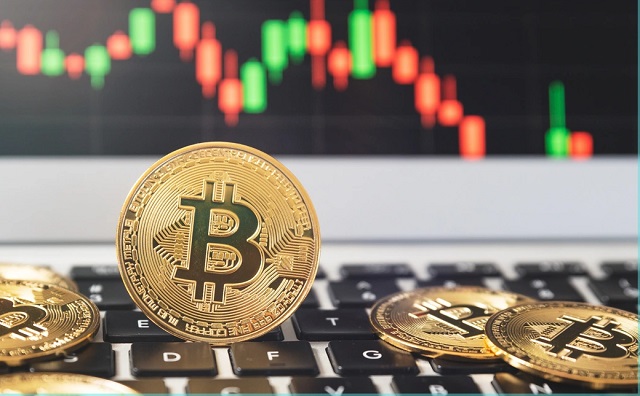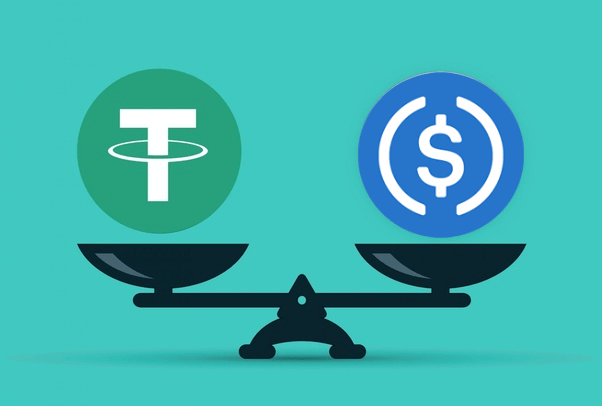
Bitcoin is currently the largest cryptocurrency.
|
The government has issued Decision No. 194/QD-TTg dated February 23, 2024, approving the national action plan to implement the commitments of the Government of Vietnam on anti-money laundering, counter-terrorism financing, and the proliferation of weapons of mass destruction.
Under this decision, the Ministry of Finance is entrusted to coordinate with relevant ministries in building a legal framework to manage virtual assets by May 2025. At the same time, it is required to demonstrate the enforcement of the legal framework, including enhancing the understanding of the management authorities and fully grasping the risks of this area.
This is task 6 within a total of 17 action programs to implement the commitments of the Government of Vietnam on anti-money laundering, counter-terrorism financing, and the proliferation of weapons of mass destruction.
Prior to this, in response to questions at the National Assembly session in October 2022, the leadership of the State Bank of Vietnam stated that cryptocurrencies and virtual assets (also known as digital currencies) such as Bitcoin are not legal tender issued by central banks but created by organizations and individuals through algorithms on computer networks.
These currencies are only recognized within specific communities such as gaming communities and technology platforms. Each country has different ways of managing virtual currencies. Some countries consider cryptocurrencies as assets (like securities for taxation and licensing of transactions).
Popular cryptocurrencies today include Bitcoin, Ethereum, etc. The government has instructed the State Bank of Vietnam to research and pilot virtual currencies in order to prevent money laundering risks and protect the banking system.
The regulatory body has repeatedly affirmed that cryptocurrencies are not legal tender or legitimate means of payment in Vietnam. The Anti-Money Laundering Law (amended) passed at the end of 2022 has not legalized virtual currencies or virtual assets.
According to the Vietnam Blockchain Association (VBA) data in September 2023, the value of virtual currencies received in Vietnam amounted to nearly 91 billion USD in one year (from October 2021 to October 2022). The illegal activities accounted for 956 million USD.
Some countries have begun to tighten regulations on cryptocurrencies to protect internet users. For example, last year, the European Union (EU) passed the Markets in Crypto-Assets (MiCA) regulation to prevent financial crimes using high-tech tools like blockchain. The United States and South Korea have also introduced various regulations to increase transparency and legal compliance in the fight against money laundering and terrorist financing with digital currencies and virtual assets.











































